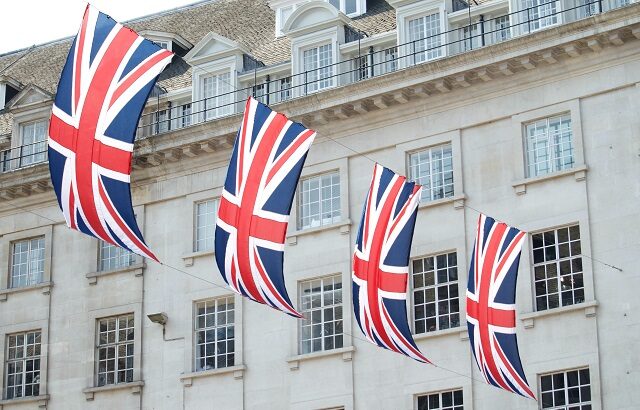Monday 14 February
- – In Japan, quarterly results from Japan Tobacco and Rakuten
- – In Europe, quarterly results from Capgemini
- – In the US, quarterly results from Avis Budget
Tuesday 15 February
- – UK unemployment and wage growth figures
- – German ZEW economic survey
- – EU Q4 GDP growth
- – US factory gate (producer price) inflation
- – Full-year results from Glencore
- – In the US, quarterly results from Roblox, Palantir and Lattice Semiconductor
Wednesday 16 February
- – UK inflation
- – Full-year results from Indivior
- – Chinese inflation figures
- – EU industrial output
- – US retail sales
- – US industrial output and capacity utilisation
- – US NAHB housebuilding industry survey
- – US oil inventories
- – In Europe, quarterly results from Heineken, Schindler, Aeroports de Paris and Swedish Match
- – In the US, quarterly results from Nvidia, Cisco, Shopify, Applied Materials, Analog Devices, Kraft Heinz, DoorDash and Barrick Gold
Thursday 17 February
- – Full-year results from Standard Chartered and Moneysupermarket.com
- – First-half results from Redrow and MJ Gleeson
- – Trading update from Aveva
- – US weekly unemployment claims
- – US building permits and new housing starts
- – In Europe, quarterly results from Nestlé, Airbus, Schneider, Kering, Repsol and Commerzbank
- – In the US, quarterly results from Wal-Mart
Friday 18 February
- – Full-year results from Segro and Hochschild Mining
- – UK consumer confidence
- – US existing homes sales
- – In Europe, quarterly results from Hermes, ENI, Electricité de France and Renault
- – In the US, quarterly results from Deere and Campbell Soup
“Inflation is the topic that just refuses to go away, much as the Bank of England and the government would like it to do so, and the coming week features the big double-header of jobs and wage data on Tuesday 15 and inflation on Wednesday 16,” said Danni Hewson, AJ Bell financial analyst.
Unemployment was 4.1% in November, up just 0.1% than before the pandemic struck in 2020. Wage growth was 4.2%, year-on-year, including bonuses, while inflation as measured by CPI was 5.4% in December, marking its fastest increase since spring 1992.
For Hewson, two things jump out of this data.
“First, the Misery Index – or the unemployment rate added to the rate of inflation – came to 9.2% in November, its highest mark since late 2013. Second, wage growth barely covered inflation in November. As a result, real wages, and the actual spending power of workers’ pay in the shops, barely covered price increases.”
She said that these figures “may help to explain why the Bank of England has squeezed through two consecutive – albeit minor – interest rate increases and acknowledged that further hikes may be on the way”.
“Whether it is leaving it too late, not moving fast enough or getting it just right remains to be seen, although governor Andrew Bailey’s ill-received calls for wage restraint suggests that nerves are jangling in Threadneedle Street,” she added.










